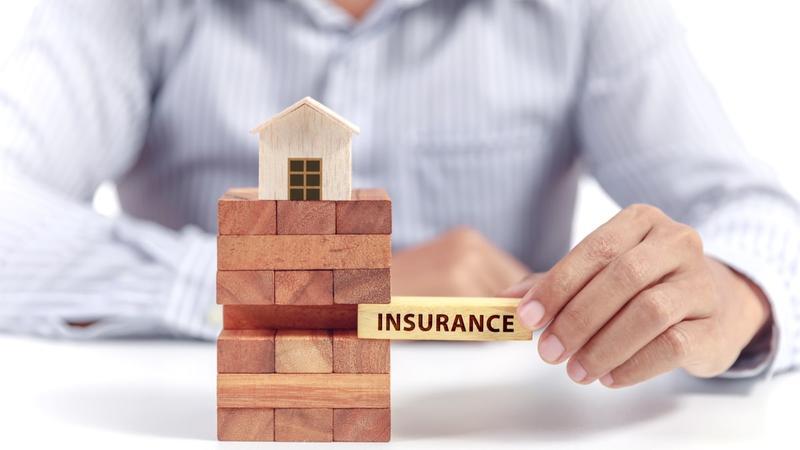Whether buying your very first home, moving into another home, or just renewing your home insurance policy, it helps to know the truth about the industry's top misconceptions about home insurance. By fully understanding home insurance policies before you start making quote comparisons, you'll be more comfortable choosing the right policy to protect your home and belongings.
The Truth About Coverage
- Coverage and Exclusions: All home insurance policies are different, and though you may see a lot of similarities between policies, you need to read the policies (including the fine print!) carefully to make sure that you're getting the coverage you need. Not only do levels of coverage vary, but risks and perils that you're protected against also vary - many policies have exclusions that you need to be aware of. Choosing the first cheap home insurance quote that comes along is not always the best idea.
- Insect and Rodent Damage: Most home insurance policies do not cover the damage that can be caused by pests in your home - especially because properly maintained homes are generally not susceptible to these damages. So if you're starting to notice signs of pests moving in, call an exterminator immediately - your insurance company will not foot the bill for the clean up afterwards.
- Flood and Earthquake Damage: Canada is generally earthquake free, right? Yes - except for a few specific areas of British Columbia and Quebec. If your area experiences earthquakes your insurer will likely offer optional coverage you can add to your policy - which you should take advantage of. Floods, on the other hand, aren't covered by your home insurance policy and aren't available as optional coverage with most companies.
- Specialty Items Valuables: Most policies will put a cap on their coverage of jewellery, art, and other specialty items at around $5,000. If you have items in your home valued higher than that you can usually pay a small additional premium to provide them with additional coverage, or you can move smaller items to a safe deposit box.
- Lawns and Gardens: The majority of insurance policies only cover the buildings on the property, and the contents of those buildings. If you have a prize-winning rose garden or similar investment, look for a policy that will allow you to add coverage in case something happens.
- Home Business Equipment: If you operate a business out of your home you may have items and equipment of value that aren't typically found in a home. Check your policy carefully, and more importantly, talk to your insurance provider to make sure these items are covered. You may find that you need to add additional insurance or business insurance to protect these items.
- Renter's Belongings: Most home insurance policies do not cover the belongings of a renter. Though you can check your insurance policy to confirm, you should encourage anyone renting in your home to purchase their own tenant's insurance to protect their possessions in the event of loss.
The Truth About Replacement
- Replacement Cost vs. Actual Cash Value: This is where the wording of your policy counts. It will dictate whether you should expect to receive the cost to buy the replacement item new, or whether you are entitled to the cost of the item that you had purchased minus depreciation (as though you were purchasing it used today). Most policies provide actual cash value replacement, which means you will get the value of the item you lost as of today - so your 3 year old laptop might only get you $150 - not nearly enough to buy a replacement. You can upgrade your policy in most cases to provide for replacement cost, but be prepared to pay a higher premium.
- Use of Claim Payment: You may think that you have to re-buy the items that were stolen or damaged with the money you receive from your claim. But, if your needs have changed, don't worry - your insurance provider may not be concerned whether you replace the items that you claimed for. You can use the money you received for whatever you choose.
The Truth About Necessity
- Home insurance, while a good idea to protect your home and your belongings, is only necessary if you hold a mortgage on your home. For this reason, many mortgages require proof of home insurance as a condition of the loan. If you own your home outright it is your discretion as to whether or not you choose to have home insurance, but if you choose not to insure your home, be prepared to cover any expenses from loss or liability out of pocket. However, you may find that your home insurance quotes are lower once you've paid off your mortgage, allowing you to continue coverage and avoid the risk of being financially responsible for replacing everything you own in the event of a major loss.
